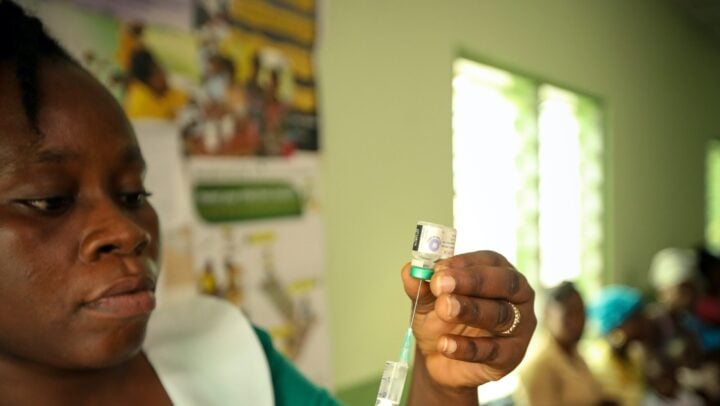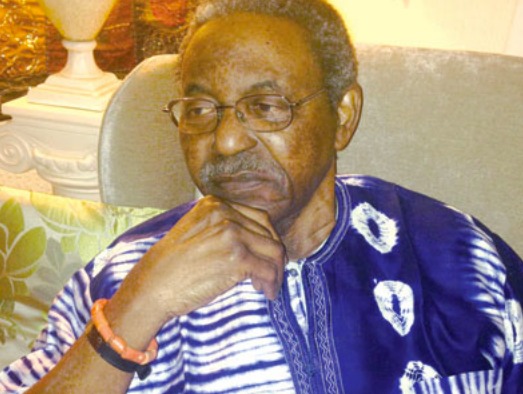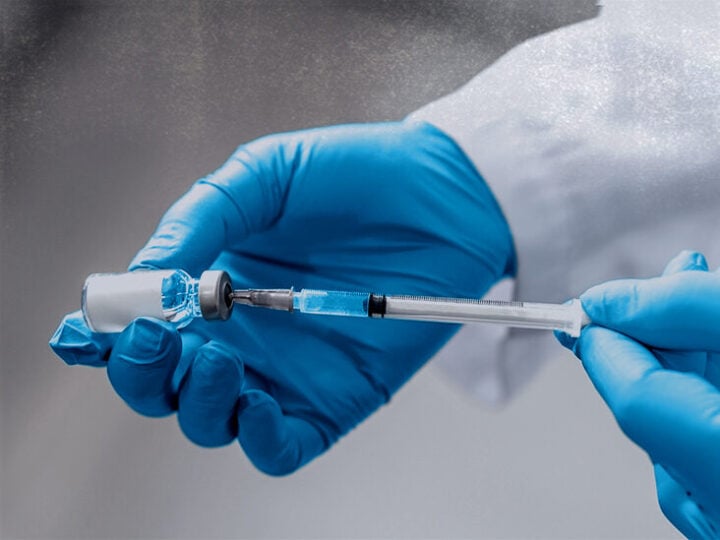Photo: WHO
The federal government says the RTS,S malaria vaccine is expected to be available in the country by 2024.
Osagie Ehanire, minister of health, spoke on Tuesday at a press briefing commemorating World Malaria Day 2023.
World Malaria Day is marked annually on April 25 to focus global attention on malaria, and its impact on families, communities, and societal development, especially in sub-Saharan Africa.
The RTS,S vaccine was first launched in Malawi in April 2019 and found to be safe and substantially reduce severe cases of the disease.
Advertisement
The WHO recommended the widespread deployment of the vaccine for children living in sub-Saharan Africa and areas at risk in October 2021.
The global health body said its pilot scheme could save the lives of between 40,000 and 80,000 children in Africa each year.
In a statement, the WHO said “more than one million children in Ghana, Kenya, and Malawi have now received one or more doses of the malaria vaccine”.
Advertisement
Nigeria had reportedly missed the second application window for the vaccine which closed on January 17, 2023. But the third window of applications for support from Gavi, the vaccine alliance opened until April 18.
Ehanire, represented by Mamman Mamuda, the ministry’s permanent secretary, said the government had submitted an application for the vaccine to Gavi.
“Let me also inform you that the national programme is working closely with the National Primary Health Care Development Agency (NPHCDA) and other stakeholders in accessing and deploying the malaria vaccine (RTS,S) in a phased fashion subject to availability of needed quantity,” the minister said.
“The country has also successfully submitted an application to Gavi for the RTS,S vaccine allocation. This is expected to be in-country by April 2024.”
Advertisement
On the Oxford malaria vaccine recently granted provisional approval by the National Agency for Food, Drug Administration and Control (NAFDAC), the minister said an ongoing phase IlI trial is about to be completed.
He said the provisional approval is premised on the need to include Nigeria in the phase I clinical trial of the vaccine.
“It is expected that conducting the trial in Nigeria will provide evidence for the performance of the vaccine in high malaria transmission setting. This will guide the adoption of the vaccine in Nigeria,” he said.
Advertisement
Add a comment






